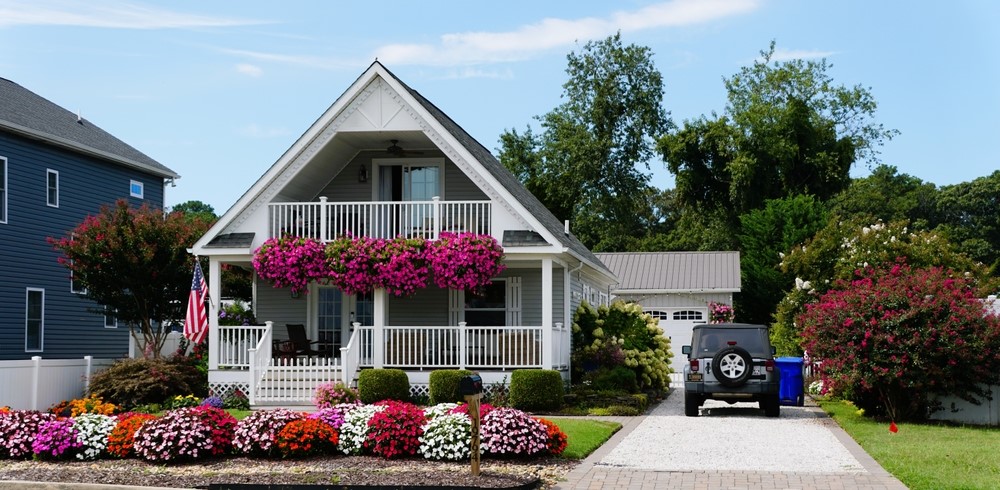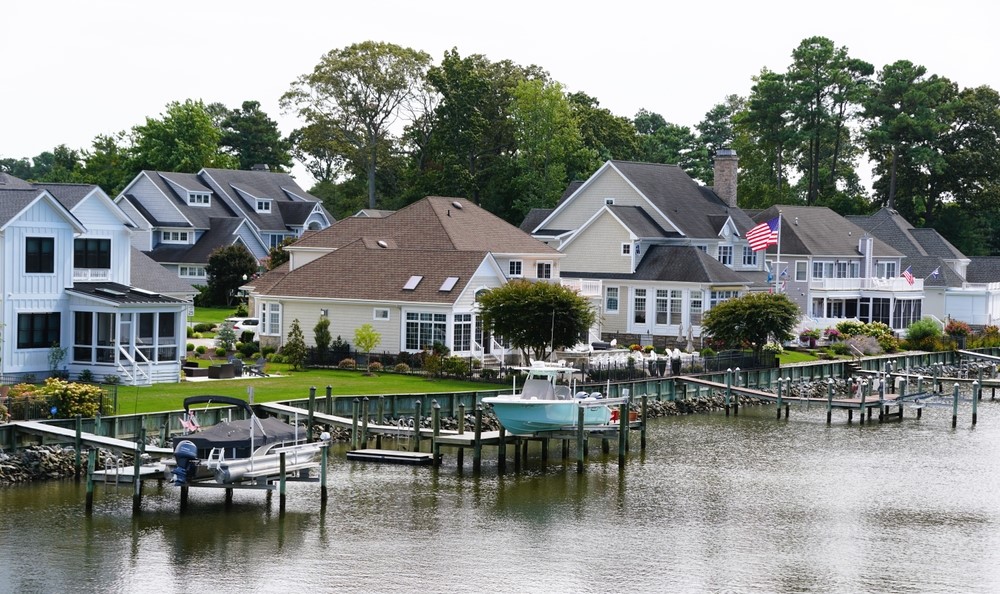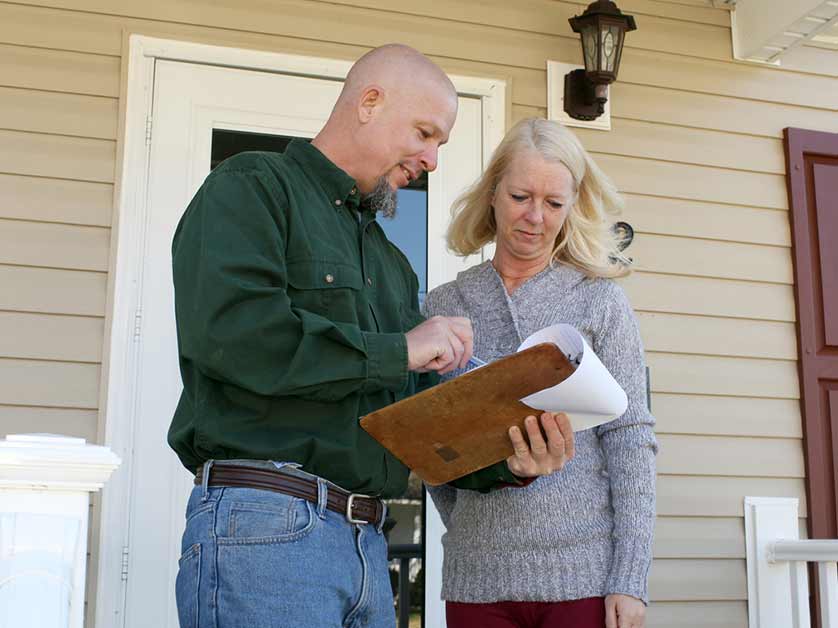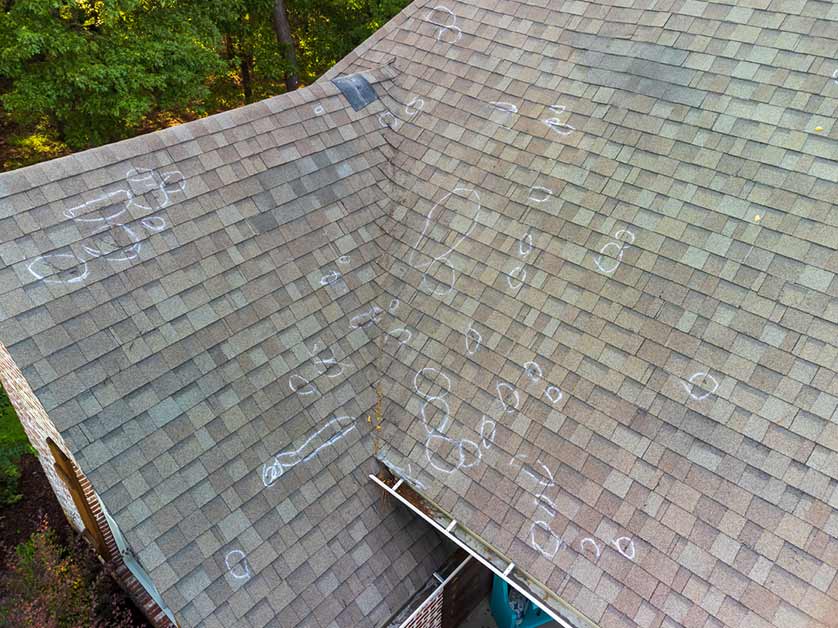When their roofs get damaged by a storm, hail or fire, homeowners turn to their homeowners insurance to see if it can cover the cost of the restoration service. While some people receive their claim payment and begin the repair process without a hitch, some insurance claims get denied, and the reasons for this mainly have something to do with the specifics of the policy.

A residential and commercial roofing company elaborates on these reasons here.
Exceeding the Limits of Coverage
A roof insurance claim is denied when it exceeds the limits on certain types of coverage like hail or wind damage. This can happen if you fail to keep accurate records of the costs of damage, including the receipts from contractors who performed the repairs after the storm event. Or the company may decide that there is no sufficient proof revealing exactly how much it cost to repair.
Not Meeting the Deductible
When you file a claim, be sure you know what is covered under your insurance policy and how much will be deducted from the final amount. It is possible that you may have a couple of different deductibles in terms of home repairs: one for windstorm or hurricane damage and another for the rest. Note that the costs added onto each to avoid paying more than necessary vary by state.
Issues Not Being Covered
Homeowners insurance is categorized into specific policies that cover a certain number of named perils, such as hail damage or fire damage. HO1 and HO2 policies will only cover named perils, whereas HO3 policies will cover all but explicitly excluded ones. So, even if you have a large tree fall on your roof, it is possible that your claim will get denied because falling objects are not covered by your policy unless otherwise stated in writing within the contract terms and conditions.
Remember, there are various types of homeowners insurance policies that provide coverage against different named perils. And that most insurance companies are notorious for utilizing loopholes to reject claims. If your claim is denied, make sure it is of completely legitimate reason by consulting an attorney who can assess your policy in great detail.
Involving Partial Damage
For an insurance company to approve a claim for a complete roof replacement, the insurance adjuster must determine that the roofing system sustained enough damage that a partial repair cannot restore it to its previous condition. Keep in mind, however, that the criteria for identifying partial damage vary from insurance company to insurance company. Furthermore, it ultimately comes down to the adjuster sent to conduct an inspection on your roof. Because distinguishing partial damage is arbitrary in nature, it is one of the most likely causes of claim denial.
Filing the Claim Too Late
Most homeowners insurance policies state that a claim must be filed within a certain period, and the damaged property must be restored or replaced within 365 days from the date the damage occurred. If you fail to meet these requirements or forget to notify your insurance company in writing before the 365 days expire, chances are the company will deny your claim. Fortunately, insurance inspections after reported damage usually come at no charge to you, so a denial due to filing the claim too late is relatively easy to avoid. Simply start by meeting with the storm damage repair specialist of your choice.
Discovering Manufacturing Defects
While manufacturers maintain quality control on their products, there are instances where defective products make their way to residential or commercial roofs. If it is discovered that a manufacturing defect is responsible for roofing failure, your home insurance provider will not be accountable for the restoration expenses. That said, almost all big-time roofing manufacturers provide a standard limited warranty with the purchase of their items. What that coverage entails depends on the specific manufacturer and the type of warranty you have selected. So, when you work with a roof replacement company, do not forget to inquire about the warranties before the installation.
Someone Else Being Liable
Because homeowners insurance does not cover damages due to intentional acts or negligence of service professionals, it is critical that you thoroughly vet contractors before letting them perform work on your roof. Check with the businesses to make sure they have up-to-date licenses and certifications and are bonded and insured. Should any problems arise during their work - whether intentional or accidental - you and your property will be protected.
Roof Being Too Old
Some roof insurance claims are denied because the roof is simply too old. Most roofs older than 15 to 20 years are usually not covered by insurance policies. Perhaps, the only time the claim might still be legitimate even if the roof is past its prime is when wind or hail is found to be the main culprit behind the damage. A licensed and qualified roofer should inspect the roof to confirm this and determine whether the homeowner has a valid claim regardless of the roof's age.
What Should You Do If Your Claim Is Denied or Underpaid?
So, your insurance claim is denied or you are underpaid for the insurance claim. What should be your next steps?
If you believe that your homeowners insurance claim was wrongfully denied either by the insurance adjuster or the insurer, make sure that all the needed documentation has been reported and submitted to the insurance provider according to the company's set guidelines. Gather proof, and be prepared if the company requests it. If there is a valid reason the claim payment was not made in full after collecting these documents, do not hesitate to contact someone who works on behalf of homeowners against insurers.
- Hire a public adjuster. A public adjuster is an independent insurance professional that you can hire to settle an insurance claim on your behalf. While an insurance company sends an adjuster at no charge to you, a public adjuster has no connections with your insurance company and charges a fee for his or her services. A public adjuster cannot provide you with more money than you are entitled to under your policy.
- Contact an attorney. An insurance claims attorney possesses the legal expertise and experience to help fight against insurers and is less expensive than a public adjuster. He or she may also review your insurance policy, denial letter and claim details as well as look for errors in the documents in order to smooth out the entire process, making it easier for you during such a stressful situation.
- Gather evidence. Your insurance company might try to use the argument that the roof damage was caused by negligence or a pre-existing deficiency to support its case. If this applies to your current circumstance, gather all evidence that backs up your position, and relay them to your public adjuster or attorney so the person can take legal action if needed.
Whether you need minor roof repairs, a complete roof tear-off or storm damage restoration services, Hershey Exteriors is the contractor to trust. Our professional team has been helping homeowners and business owners with roofing and siding work for over a decade. We can also work with your insurance company to expertly navigate your claims process. Contact (302) 569-9039, or fill out our online form to get in touch with us.
Tags
Subscribe to Hershey Exteriors's Blog








Comments